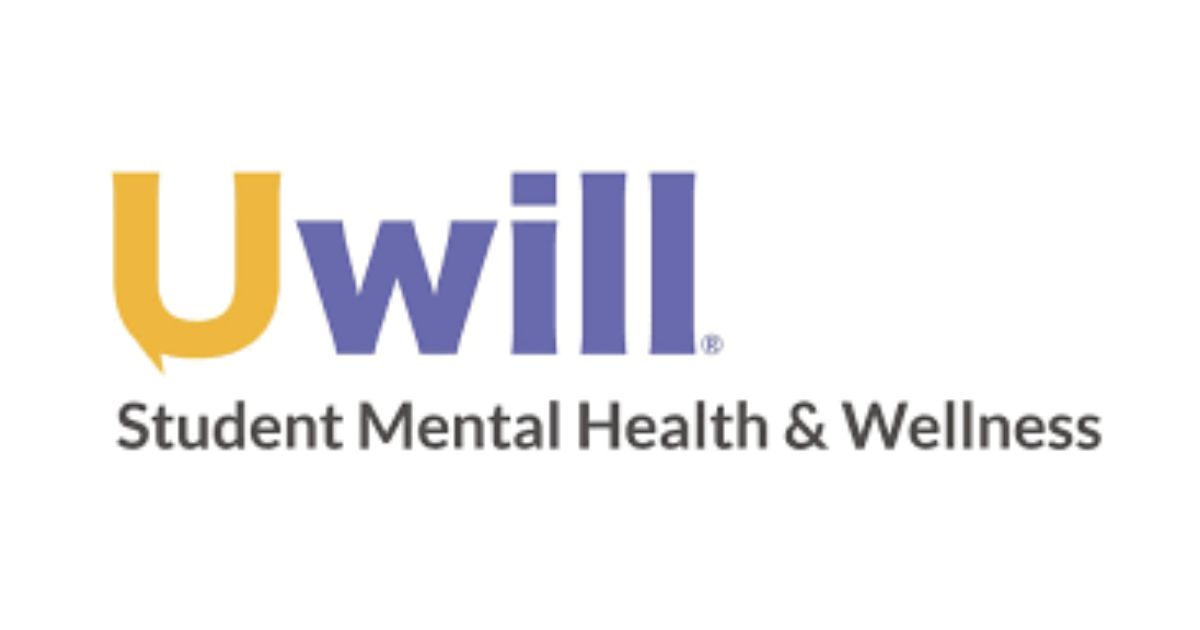In an era where the mental well-being of college students has emerged as a critical concern, Seton Hall University’s Counseling & Psychological Services (CAPS) is stepping up to the challenge by offering a free teletherapy tool known as Uwill.
This innovative platform, designed to deliver accessible mental health care, is rapidly gaining traction among universities and colleges across the nation.
The college experience, though exhilarating and transformative, often presents a multitude of challenges that can significantly impact the mental health of students.
From the pressures of academic demands to social anxieties and the transition to independent living, college students frequently grapple with stressors that can lead to anxiety, depression, and various other mental health issues.
Teletherapy Tool To Support Student’s Mental Health
The urgency of addressing these mental health concerns is underscored by data from the 2023 Healthy Minds Survey, revealing that 41% of college students reported symptoms of depression, while 36% experienced anxiety.
These alarming statistics highlight the immediate need for accessible mental health support on college campuses.
Seton Hall University’s response to this growing crisis involves the implementation of Uwill, a teletherapy platform that offers a range of mental health services to students.
Uwill’s approach aligns with the evolving landscape of mental health care, providing convenient and effective support tailored to the needs of college students.
The Uwill platform bridges the gap between students and mental health professionals by offering a virtual space for therapy sessions. This remote approach not only aligns with the current trend of telehealth but also addresses the accessibility issues that can deter students from seeking help.
By breaking down barriers related to stigma and physical location, Uwill makes mental health support more readily available to those in need.
One of the critical advantages of Uwill is its accessibility. College students can access the platform from the comfort and privacy of their own space, eliminating the need for physical visits to counseling centers.
This convenience is particularly valuable given the busy schedules and time constraints that students often face.
Furthermore, Uwill’s services are designed to cater to the unique challenges that college students encounter.
Academic stress, peer relationships, and the process of self-discovery during the college years are all areas where students may require support. Uwill’s teletherapy platform is equipped to address these issues effectively.
The adoption of Uwill by Seton Hall University exemplifies a proactive approach to prioritizing the mental health and well-being of its students.
By offering a free and easily accessible resource like Uwill, the university aims to create a supportive environment that encourages students to seek help when needed.
As the platform gains popularity and demonstrates its effectiveness, it could serve as a model for other institutions grappling with similar mental health challenges.
The collective efforts of universities and colleges nationwide are essential in combating the rising rates of depression and anxiety among college students.
The significance of Seton Hall University’s initiative extends beyond the campus. It represents a response to a broader societal trend, where mental health issues are increasingly recognized as a critical public health concern.
Providing accessible and effective mental health support during the formative college years not only benefits the individual but also contributes to building a mentally healthier and more resilient society.
In conclusion, Seton Hall University’s introduction of the Uwill teletherapy tool reflects a commitment to addressing the mental health challenges faced by college students.
By offering accessible, tailored, and free mental health support through this innovative platform, the university is taking proactive steps to foster a supportive campus environment.
As the Uwill program continues to evolve and adapt to the needs of students, it sets an example for other institutions seeking to prioritize the mental well-being of their student populations in an era where mental health support is more crucial than ever.




























